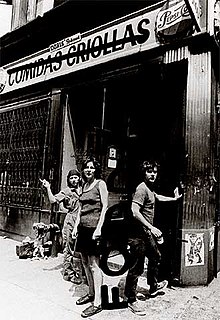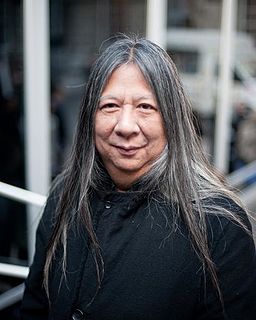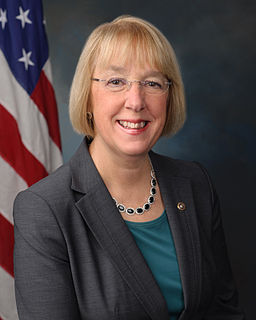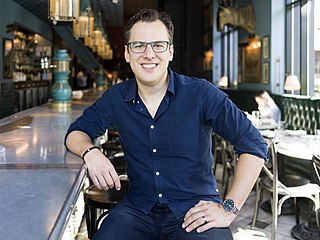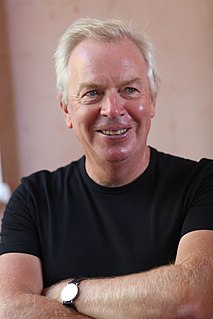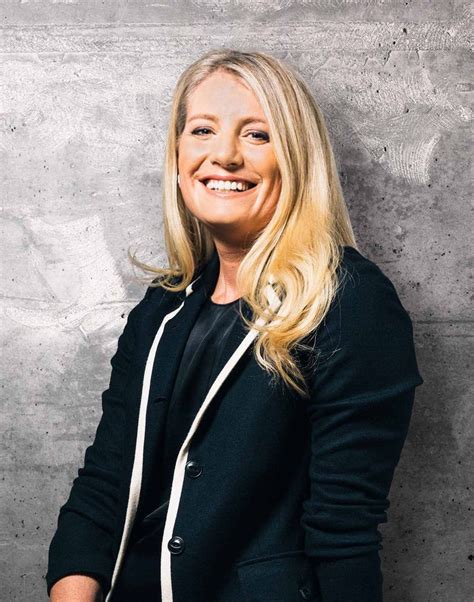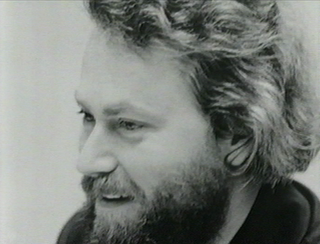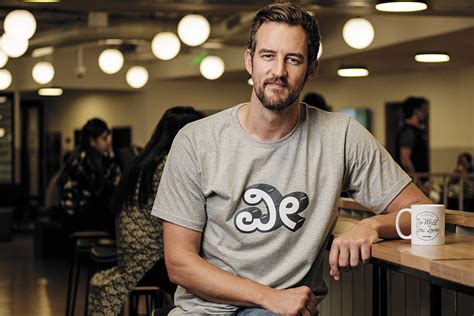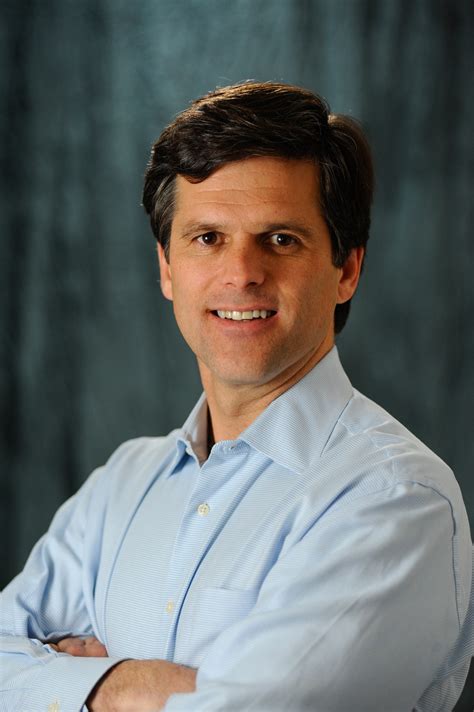A Quote by Gordon Matta-Clark
You cut a hole in the building and people can look inside and see the way other people really lived.. it's making space without building it
Related Quotes
It occurred to me that building a company was the best way to align a group of people towards building something great. And its really... it's a good organizational structure where you can really reward people. If they're building something that's good, you can you work with partners and reward them if the product that you're developing work well. It's a good way to get the best people involved to build something very good.
You can't start a product simply by building it. You have to know why you're building it, and you might go down the wrong rabbit hole, waste time, and confuse things. Spending long afternoons with a sketchbook or talking through your ideas with other people can save a year in software development later on.
With resilience you are learning to be flexible and take feedback on how people are experiencing what you are building, you're listening to what your customers are saying, you're building these relationships, and making better decisions over time. That all really starts with that resilience and that willingness not to be perfect.
Here in the United States, hopefully, what we're building are not just pyramids, are not icons to one pharaoh. What we're building is a culture and a way of living together that we can look back on and say, [This] was good, was inclusive, was kind, was innovative, was able to fulfill the dreams of as many people as possible.
Look, I'm 41 with a six-year-old son, and even though I live in a building with a million kids, he doesn't have one friend there because there's no context for making that happen. I think there's a huge market for a connected building where I could broadcast to other parents that I want to set up a playdate for my child.
Olympics are three times more likely to be employed than people of a similar age, ethnic and socioeconomic status who have not been participating. It's a correlation, not a causation as far as the statisticians go, but the fascinating question is; Is there something in participation in sports, in community-building, confidence building, self-image-building, strength building, social networking - that greatly enhance employability?
